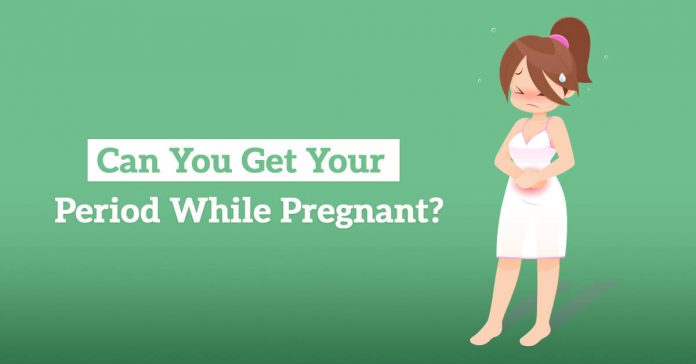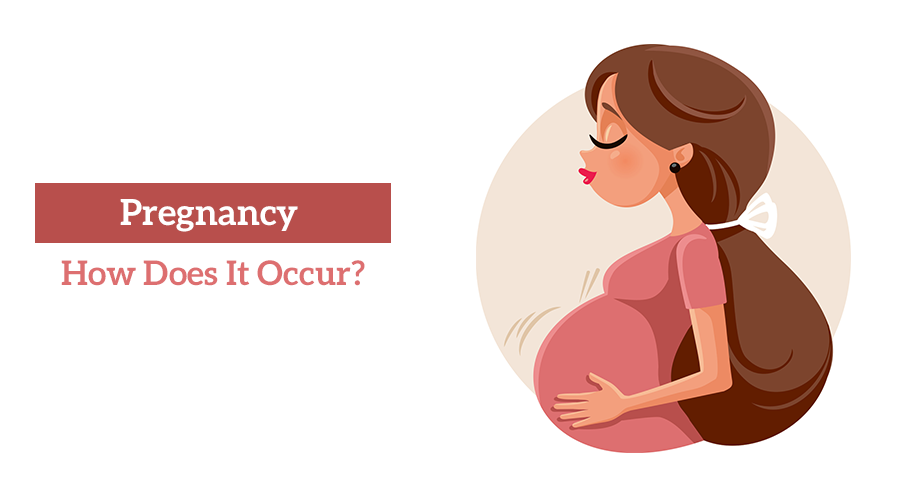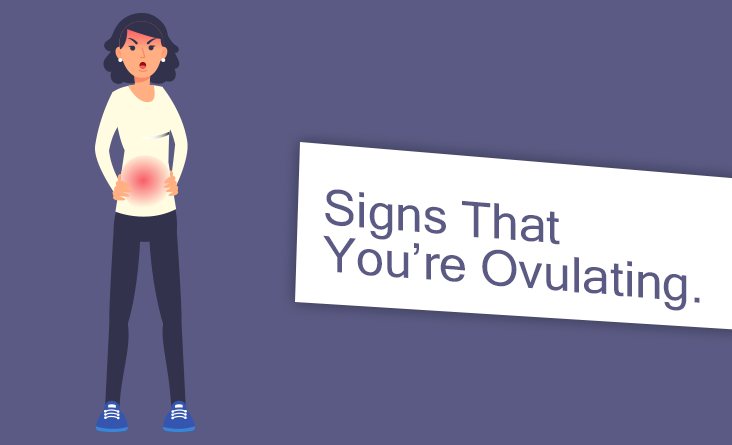During the period, the uterus resets the mucous membrane that has aggregated on account of pregnancy. A lady may encounter uterine seeping during pregnancy, yet this isn’t identified with the period.
When a woman is pregnant, she has no ovulation or menstruation. Menstruation occurs only when the woman is not pregnant.
Likewise, ladies may experience seeping during pregnancy;this isn’t identified with their menstrual cycle.
Some women do not have a lactation period. In any case, they may before long begin ovulating again in the wake of conceiving an offspring.
Therefore, doctors can recommend contraceptives if a woman does not want to get pregnant again while breastfeeding. The menstrual cycle includes Facilitating pregnancy.
The cycle starts on the primary day of a lady’s feminine cycle and finishes on the main day of the following. Ovulation occurs in the middle of the cycle when the ovaries release the egg.
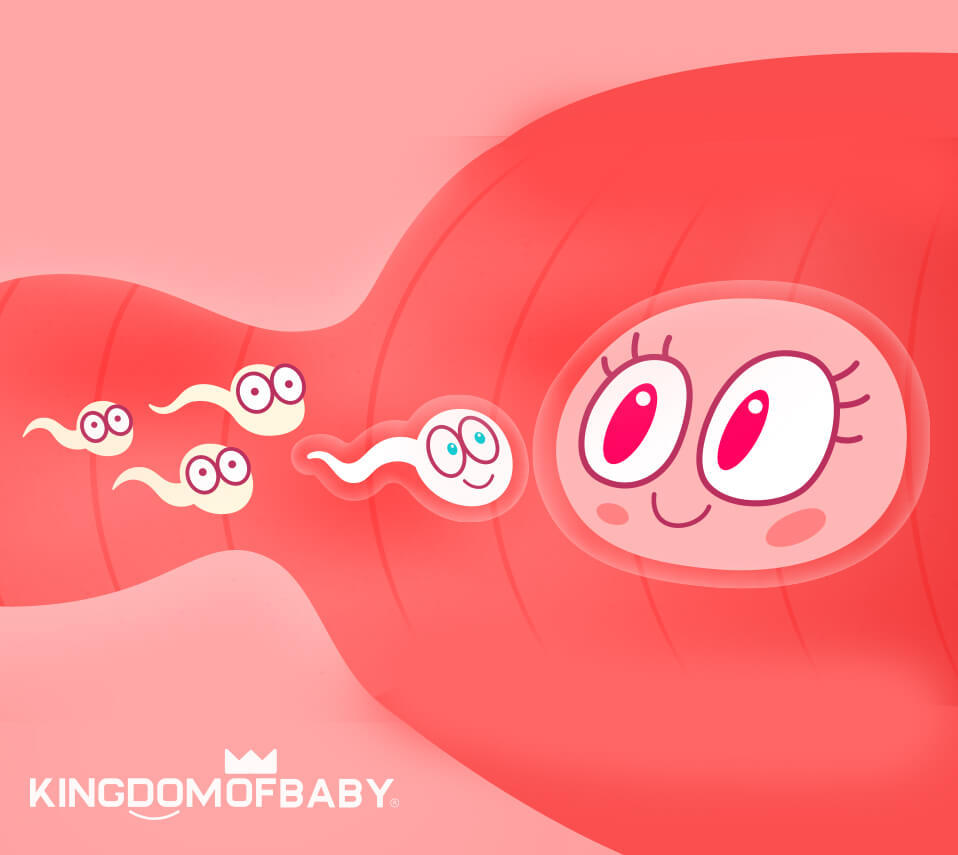
The egg is fertile only for 12-24 hours after ovulation of the woman. If sperm is present and the egg can be fertilized, the egg is implanted into the uterus and becomes pregnant.
Without fertilization, feminine cycle happens and the body controls the coating of the uterus to begin making new ones for the following cycle
Related Articles:
Other causes of bleeding during pregnancy
Even if a woman does not have a period during pregnancy, she can still experience bleeding.
Bleeding isn’t really an indication of a basic issue, yet it is critical to comprehend the potential causes and realize when to see a specialist .
First trimester
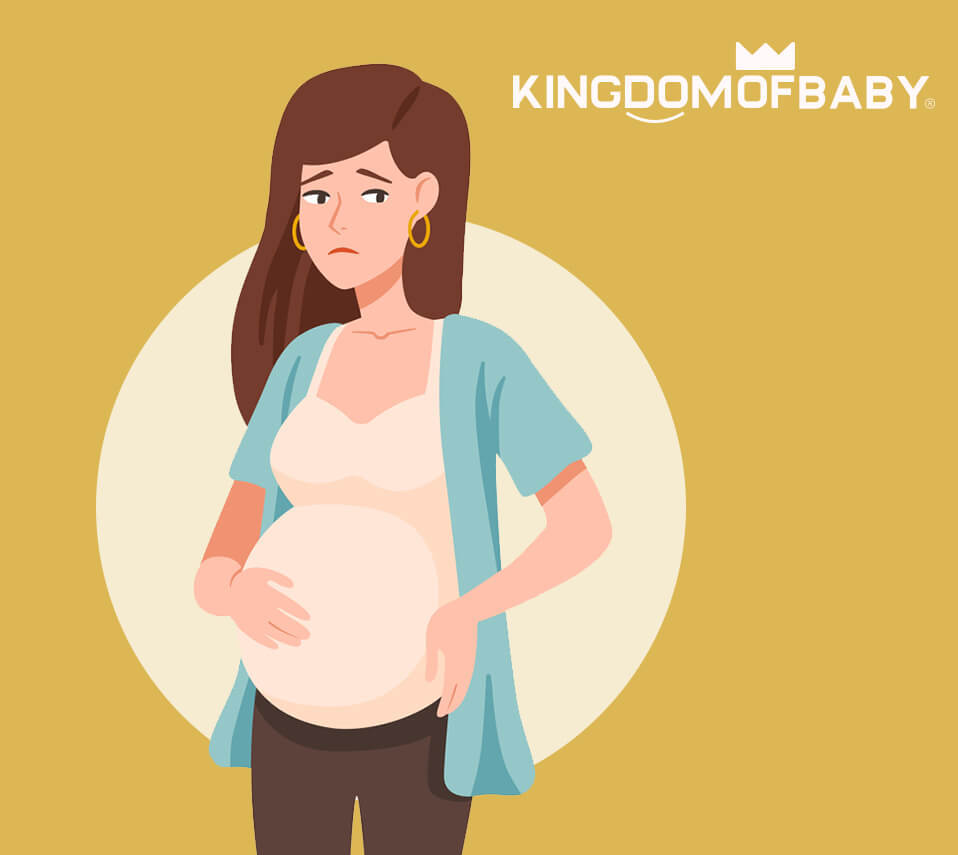
When the placenta is implanted into the uterus, there may be several small spots. Women have also altered cervical cells during pregnancy, especially after causing slight bleeding.
Other causes of bleeding in the first trimester:
- Ectopic pregnancy, which is a serious medical emergency、
- Infection
- Loss of pregnancy or miscarriage
- Subcortical bleeding, also known as subcortical hematoma, although bleeding occurs between the uterine wall and the placenta
- A very rare case that can mimic pregnancy, causing gestational trophoblastic disease (GTE), a tumor that may include abnormal fetal tissue.
After 20 weeks
Some causes of bleeding after pregnancy include:
Cervical examination:
The doctor may examine the cervix for any abnormalities. This procedure may cause minor bleeding.
Placenta previa:
This is a case that happens when a lady’s placenta is embedded or on the other hand close to the opening of the cervix.
Preterm labor or labor:
During childbirth, the cervix stretches and the uterus tries to help the fetus move. This may cause a slight bleeding.
Sexual intercourse:
Most women can continue to have sex during pregnancy, but they may experience increased sensitivity of the vagina and cervical tissue, if the doctor does not advise not to do so.
Uterine rupture:
This happens if the uterus ruptures during childbirth and it is a medical emergency. This case is rare, but it is more likely if the woman has already had a cesarean section or intrauterine surgery.
Placental abruption:
This is the situation when the placenta starts to isolate from the uterus before the child. It is likewise a medicinal crisis.
In the event that a lady has encountered and been engaged with seeping at any phase of pregnancy, she should record the shading, sum and succession of draining and counsel with her specialist.
Related Articles:
When to see a doctor

It is pressing to look for restorative consideration for seeping during pregnancy, if there are extra side effects, for example,
- Pain / cramps
- Dizziness/blacking out
- Severe bleeding / thickening
- Severe pain in the stomach area and pelvis
Ladies ought to likewise counsel a specialist when bleeding is bright red and the pads are wet.
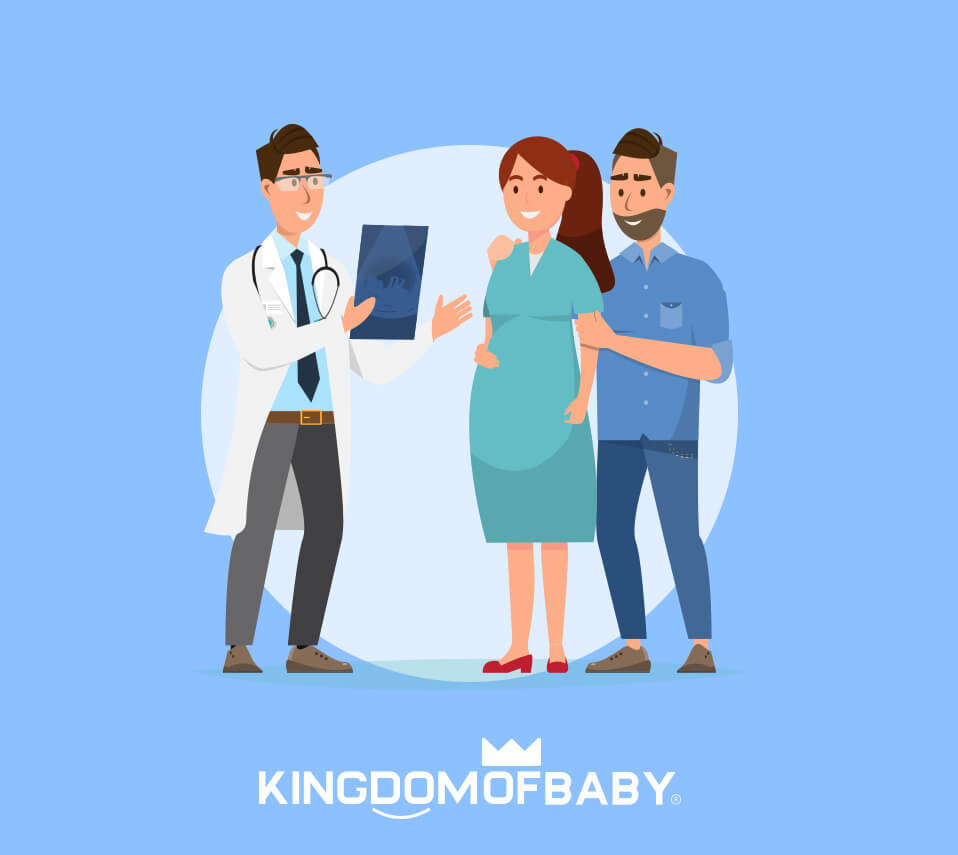
Vaginal draining and early pelvic agony during pregnancy can be an indication of ectopic pregnancy, particularly if these side effects happen before the primary ultrasound.
Ladies who presume an ectopic pregnancy ought to counsel a specialist right away. If you have bleeding, you need to see a doctor who has preterm birth symptoms who are in labor before the 37th week of pregnancy.
These side effects may incorporate industrious lower back torment, stomach spasms, and standard compressions.
Hope this article helped you, we would be delighted if you share your comments and your feedback down below!
WOMEN STICK TOGETHER, SHARING IS CARING!

